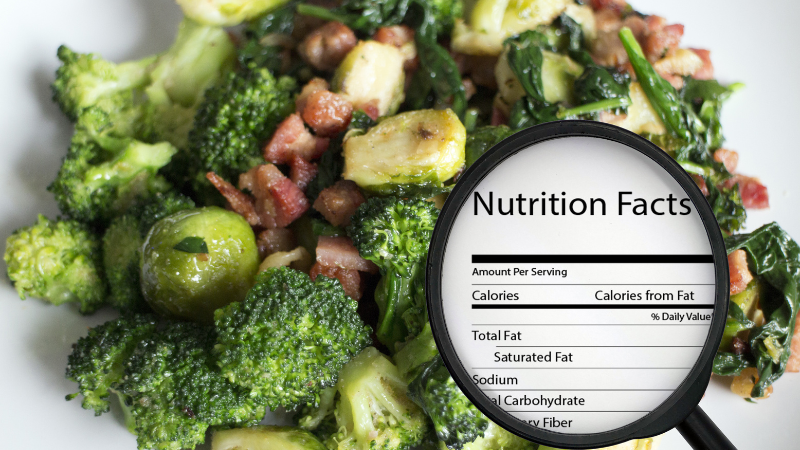By Tapiwa Lewis
For many, eating healthy is often associated with steep price tags, and outside the reach of most average people. Today I want to talk about foods that are either already in your garden or you can easily start growing within a very short period of time.
- Onions-
Onions are a popular vegetable with many health benefits, and they tend to be fairly low in price and relatively easy to grow. Onions are rich in antioxidants that can protect from heart disease, diabetes and cancer. Onions contain antioxidants and compounds that fight inflammation, decrease triglycerides and reduce cholesterol levels, all of which may lower heart disease risk. Their potent anti-inflammatory properties may also help reduce high blood pressure and protect against blood clots. Additionally, onions provide small amounts of several nutrients, including vitamin C, manganese, vitamin B6 and potassium. A small portion of onions can go a long way. The distinctive smell of sauteed onions and flavoring make them a great addition to any dish.
- Sweet Potatoes
This vegetable is not only tremendously versatile, you can roast it, boil it, bake it or enjoy it as a snack. Sweet potatoes are also extremely healthy and very easy to grow. Most sweet potatoes are packed with vitamins which include an array of B vitamins, vitamin C, potassium and fiber. They are also fat free and are rich in beta-carotene and are also a good source of magnesium
are rich in beta-carotene and are a good source of magnesium
- Tomatoes
Tomatoes generally have may anti-inflammatory properties which make them beneficial for overall heart and brain health. Tomatoes are also easy to grow and affordable on most budgets. Did you know that tomatoes are a major dietary source of the antioxidant lycopene? Lycopene has been linked to many health benefits, including reduced risk of heart disease and cancer. A single tomato can provide about 40% of the daily recommended minimum of vitamin C. Tomatoes are packed with vitamin A which can not only boost immunity, it is also great for vision and skin health. The fluid and fiber in tomatoes may be helpful if you’re prone to constipation. To top this off they are a great source of potassium, folate, and vitamin K. I could go on and on, but I think you mostly get it. Tomatoes are definitely good for your overall health.
- Carrots.
While these are not always easily available, they are also a great vegetable to grow whenever you can. Carrots are one of the greatest sources of beta-carotene. Beta -carotene is the red-orange pigment found in carrots and most sweet potatoes. The human body converts Beta Carotene into vitamin A. Vitamin A, is not only a vital nutrient for vision, It also plays a critical role in cell growth and in maintaining healthy organs like the heart, lungs, and kidneys. The fiber found in carrots can help to regulate blood thus lowering your risk of developing diabetes. Carrots are a great source of vitamin K and calcium which a very important for bone health.
- Beans
Bean are a great and affordable source of protein, fiber, iron and B vitamins. Beans have amino acids which are building blocks of protein molecules that the body uses to heal itself as well as make new tissue. Beans like other legumes do not get the recognition they deserve in health blogs, there plenty of evidence that beans can also help reduce blood sugar, improve cholesterol levels and help maintain a healthy gut. Beans are also packed with minerals that can help reduce inflammation, helping the body to fight off chronic conditions. Consuming beans with your meals can help you feel full longer and reduce your desire to snack and can greatly help with weight loss. There are many types of beans including, pinto, kidney, black eyed peas, soybeans, black beans, navy bean and kidney beans to name a few.
- Oranges
Growing up, the one fruit that was always in high supply was and affordable was oranges. Did you know that just one orange can provide up 116% of your recommended daily dose of vitamin C. Because your body doesn’t produce vitamin C, or retain it in your body, it is important that you get it from your diet. If you are like me you probably have always heard that vitamin C is great for protecting your body against immune system deficiencies but it benefits go beyond that. So, let’s break it down; vitamin C (ascorbic acid) is a nutrient your body needs to form blood vessels, cartilage, muscle and collagen in bones. Severe vitamin C deficiency can lead to a disease called scurvy, which causes anemia, bleeding gums, bruising and poor wound healing.
A healthy diet doesn’t have to be expensive there are plenty of affordable, nutrient-dense foods you can purchase or grow in your own garden without breaking the bank.
References
https://greatist.com/health/44-healthy-foods-under-1#protein
https://www.healthline.com/nutrition/19-ways-to-eat-healthy-on-a-budget

